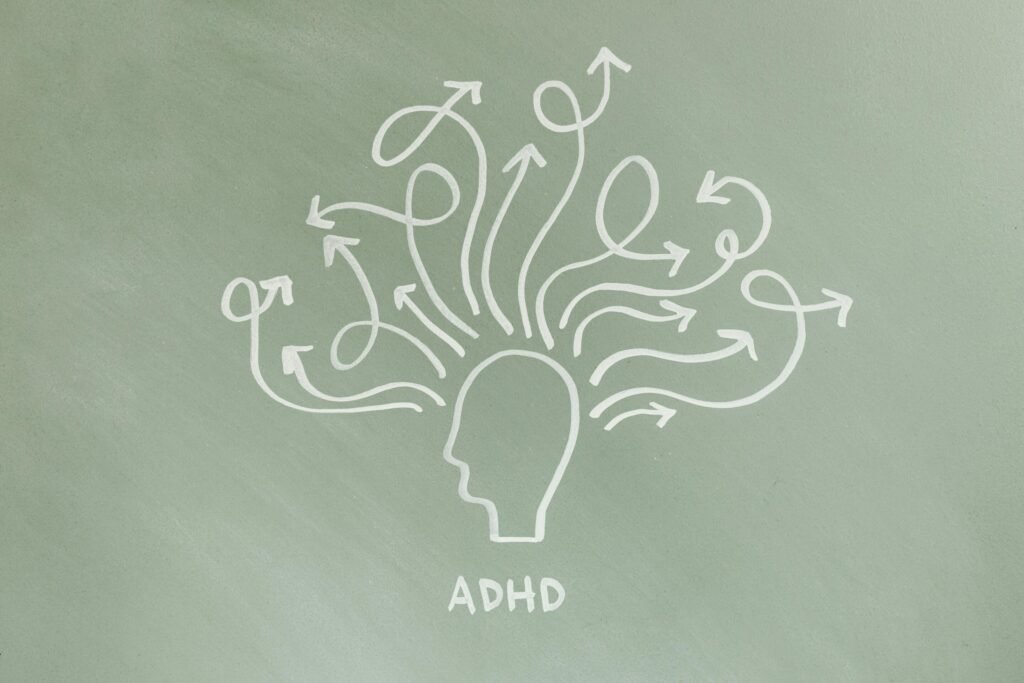ADHD, or Attention Deficit Hyperactivity Disorder, is a common neurodevelopmental disorder that affects millions of adults worldwide. However, a recent study conducted by researchers from the University of Copenhagen and the University of Sao Paulo reveals serious methodological flaws in clinical research on adult ADHD. These shortcomings make it challenging to apply the research findings in practice, highlighting the need for more comprehensive and robust studies in the field.
One of the main challenges in diagnosing ADHD in adults stems from the fact that the diagnostic criteria were originally developed for children. As a result, diagnosing adults with ADHD often relies on subjective experiences, such as difficulty concentrating or impulsivity. This can lead to misdiagnosis or overlooking other underlying mental health conditions that share similar symptoms with ADHD, such as depression, schizophrenia, or bipolar disorder.
The study found that many randomized controlled trials, considered the gold standard in evidence-based medicine, failed to conduct thorough diagnostic assessments before enrolling adult subjects. In fact, half of the studies did not ensure a comprehensive evaluation to rule out other mental disorders, while more than half included subjects with co-existing conditions, further complicating the diagnosis of ADHD.
According to the researchers, these methodological shortcomings undermine the credibility of the research results and raise concerns about the effectiveness of treatments studied in these trials. Without accurate and consistent diagnoses, it is challenging to determine the true impact of interventions on ADHD symptoms and associated disorders.
Moreover, the study highlighted that diagnostic assessments in many clinical trials were not conducted by trained professionals, with some diagnoses even being self-reported by the subjects or assisted by computer algorithms. This lack of standardized diagnostic procedures and expertise raises doubts about the reliability and comparability of the study findings.
In light of the increasing prevalence of adult ADHD diagnoses, the researchers emphasize the importance of conducting thorough and accurate diagnostic assessments by qualified professionals to ensure appropriate treatment interventions. Without a solid foundation of diagnosis, individuals with ADHD may receive ineffective or unnecessary treatments, leading to potential side effects and inadequate care.
In conclusion, the study underscores the critical need for consistent and robust diagnostic protocols in clinical trials involving adult ADHD patients. By improving the quality of research methodologies and ensuring accurate diagnoses, healthcare providers can better tailor interventions and support for individuals with ADHD, ultimately enhancing their quality of life.


